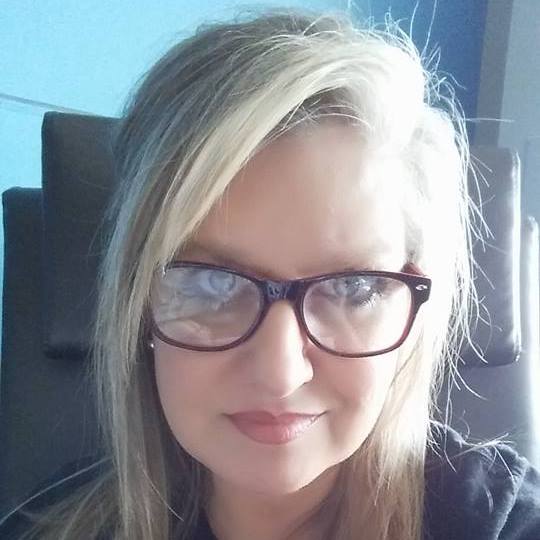 Today I said something I never thought I would say… I said
“it gets better over time”. I made this comment to my mom as she grieves over my
aunt’s passing last week.
Today I said something I never thought I would say… I said
“it gets better over time”. I made this comment to my mom as she grieves over my
aunt’s passing last week.
Why was I so shocked these particular words came out of
my own mouth? Because today also marks the date of Gerhard’s and my wedding anniversary.
I remember the empty feeling I had during those passing
weeks and months after his death. I also remember thinking how stupid the
morons telling me this same thing were. How could they possible understand what
I was feeling? How could they guarantee things would get better over time? It
all just sounded like some psycho-babble they had come up with because they couldn't think of anything else to say. Just some words to fill the dead air time
in our conversation. I remember thinking what a crock of crap these few little
words meant. Individually they were fine, but collectively, and forming this
particular sentence, they sounded absurd. How could time possibly have any effect
on the grieving of a loved one?
As time passed, however, things did get a little better each
day. The crying fits became shorter in duration, and more spaced out in
frequency. As more time passed I only got bummed out on the special occasions. It isn't that I have forgotten about Gerhard, or loved him any less, just that life goes on. My grieving would not bring him back, it was only holding me back.
As luck would have it, I found myself in the office this morning (I had taken
this day off the last two years), not crying, not saddened, but thankful.
Thankful for what I have, not remorseful for what I lost. So yes, I guess those
morons were right… Time does make things better. I have moved on, found happiness again (at the time I thought was an impossible challenge), and am enjoying life. It was a valuable, yet slow and painful, lesson to learn.
How does this relate to the financial world? Easy. Both
grief and compound interest take a positive turn over the long run. Before we
get too far into this analogy, for those that don’t understand how compound interest works it’s
pretty simple. It’s basically earning interest on top of interest you've
already received. Let’s say you deposit money into an interest bearing account, then when you received the interest payment or dividends in that account you
leave it alone. So instead of your initial deposit (let’s use $10,000 for this
example), you now have $10,025. The next time the interest is calculated, the current
balance of $10,025 is used instead of the initial $10,000. This continues to
increase as time goes on.
What true effect does this have on an account? If someone
placed $10,000 into an account earning 3.5% annually, with no additional funds
being contributed, at the end of 20 years the account balance would be a little
over $21,100. (There are plenty of financial calculators out there. I used TheCalculator Site).
Mind you, this calculation was done without any new contributions. Making bi-weekly, monthly, quarterly, or annual deposits to your account will have an even larger effect.
Mind you, this calculation was done without any new contributions. Making bi-weekly, monthly, quarterly, or annual deposits to your account will have an even larger effect.
So whether you have recently lost a loved one, or just
looking to increase your portfolio value, time is the key. While it seems like
the pain will never end, take it from this moron…it will.
Want to see more ideas about saving money? Check out my other posts on The Money Diet, and follow me on Facebook.
"Image courtesy of ddpavumba, published on 04 January 2013 Stock Image - image ID: 100130602
Follow all of my updates by signing up on the "Follow by Email" area on the left...
Want to see more ideas about saving money? Check out my other posts on The Money Diet, and follow me on Facebook.
"Image courtesy of ddpavumba, published on 04 January 2013 Stock Image - image ID: 100130602

No comments:
Post a Comment